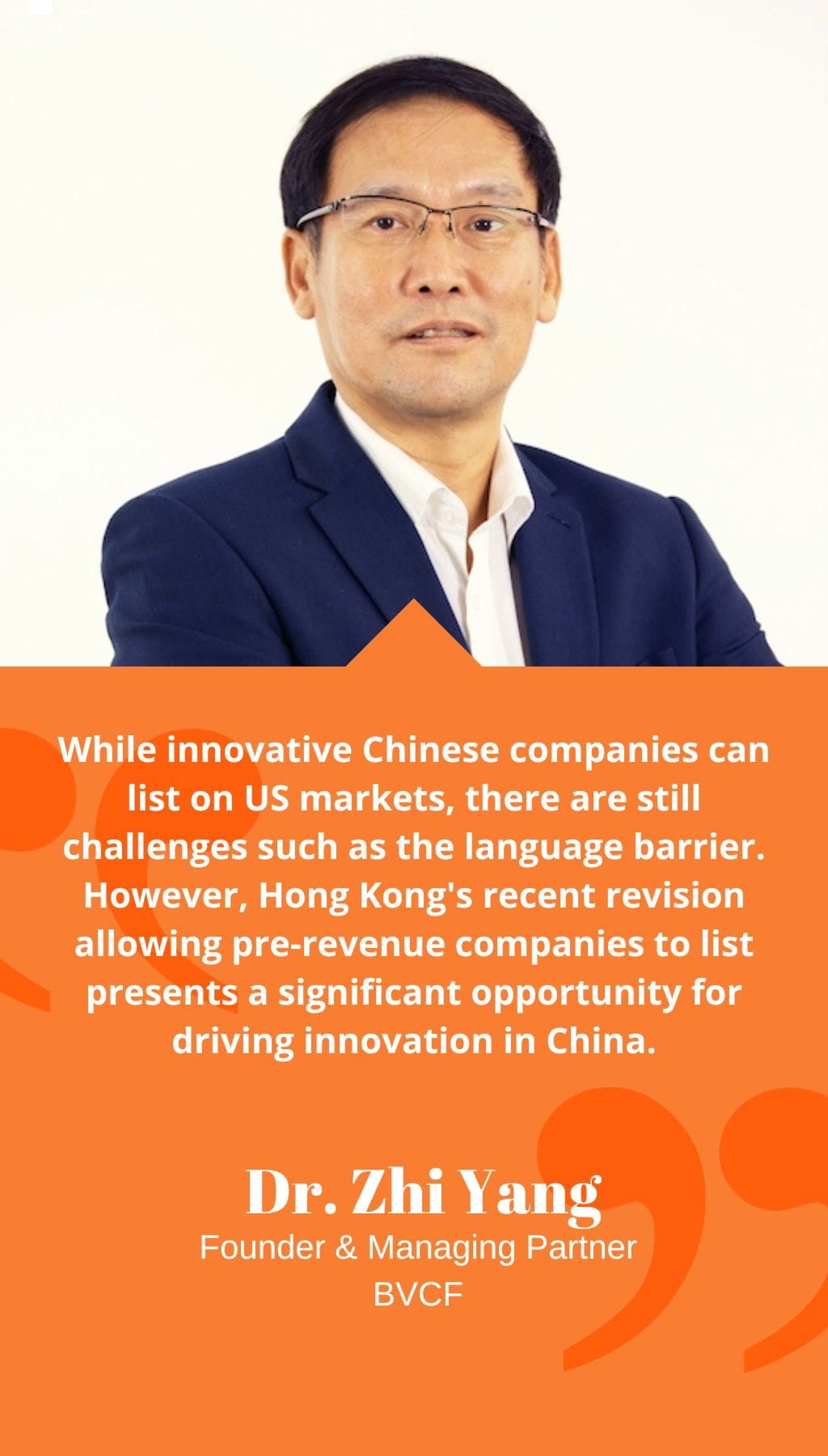
- China | 27 May 2018

Can you provide a brief introduction to BVCF and discuss how you have seen the industry change since your arrival in China?
BVCF, also known as BioVeda China Fund, was founded in 2005 as the first US dollar denominated fund focused on investing in healthcare companies in China. Over the past 13 years, we have witnessed significant changes in the investment landscape and the pharmaceutical industry in China. Initially, the top listings in terms of sales, profit, and market occupancy were dominated by multinational companies and state-owned enterprises (SOEs). However, we have seen a shift as the private sector gradually replaced these larger players due to their ability to adapt to the evolving industry. This increased competition from the private sector has also compelled SOEs to take on more research and development (R&D) projects.
BVCF invests across various areas in the healthcare industry, including big data. Can you share insights into the trends you are observing in this field?
We made early investments in medical big data, particularly in the areas of genomics and patient records. Medical big data focuses on utilizing machine learning to assist doctors in making better diagnoses and treatment plans based on comprehensive patient records. We believe that genomic big data will eventually enable us to better understand inherited disease patterns and genetic predispositions, leading to improved preventive treatments. Additionally, we have invested in an AI big data company that uses advanced algorithms to interpret medical imaging, and we believe the current applications of this technology are just scratching the surface of its potential.
How does BVCF differentiate itself as a firm?
BVCF stands out as a firm dominated by scientists, making us more science-driven than industry-driven. This expertise allows us to stay ahead of the game by identifying the latest trends globally. Timing is also a critical skill in the investment world. We strive to invest at the right moment when science becomes good business. For example, we were the first venture capital fund in China to invest in CAR-T technology, and our scientific experience helped us recognize the opportunity and make the investment at the optimal time.
How much progress have investors in China made in understanding the risks associated with investing in innovation-driven projects?
While innovative Chinese companies can list on US markets, there are still challenges such as the language barrier. However, Hong Kong’s recent revision allowing pre-revenue companies to list presents a significant opportunity for driving innovation in China. Drawing from my firsthand experience of the US biotech industry’s evolution, I believe China’s capital markets resemble the landscape of the US biotech scene in the early 1980s. In the US, there was initial hope for biotechs, followed by a period of disappointment and skepticism. However, the industry experienced a resurgence in the 2000s. China can learn from this pattern and understand that early on, there will be ups and downs, and failures are part of the innovation process.
In light of the current climate, what will be BVCF’s strategy moving forward?
Unlike most funds that focus on investing, BVCF adopts a contrarian approach. Instead of gearing up to invest, we are preparing to exit. We closely monitor the pulse of the industry and believe it is currently a time to wait, rather than invest. Our fund maintains a strategic decision to invest conservatively, even in promising companies, to avoid succumbing to the herd mentality prevalent in the market.














